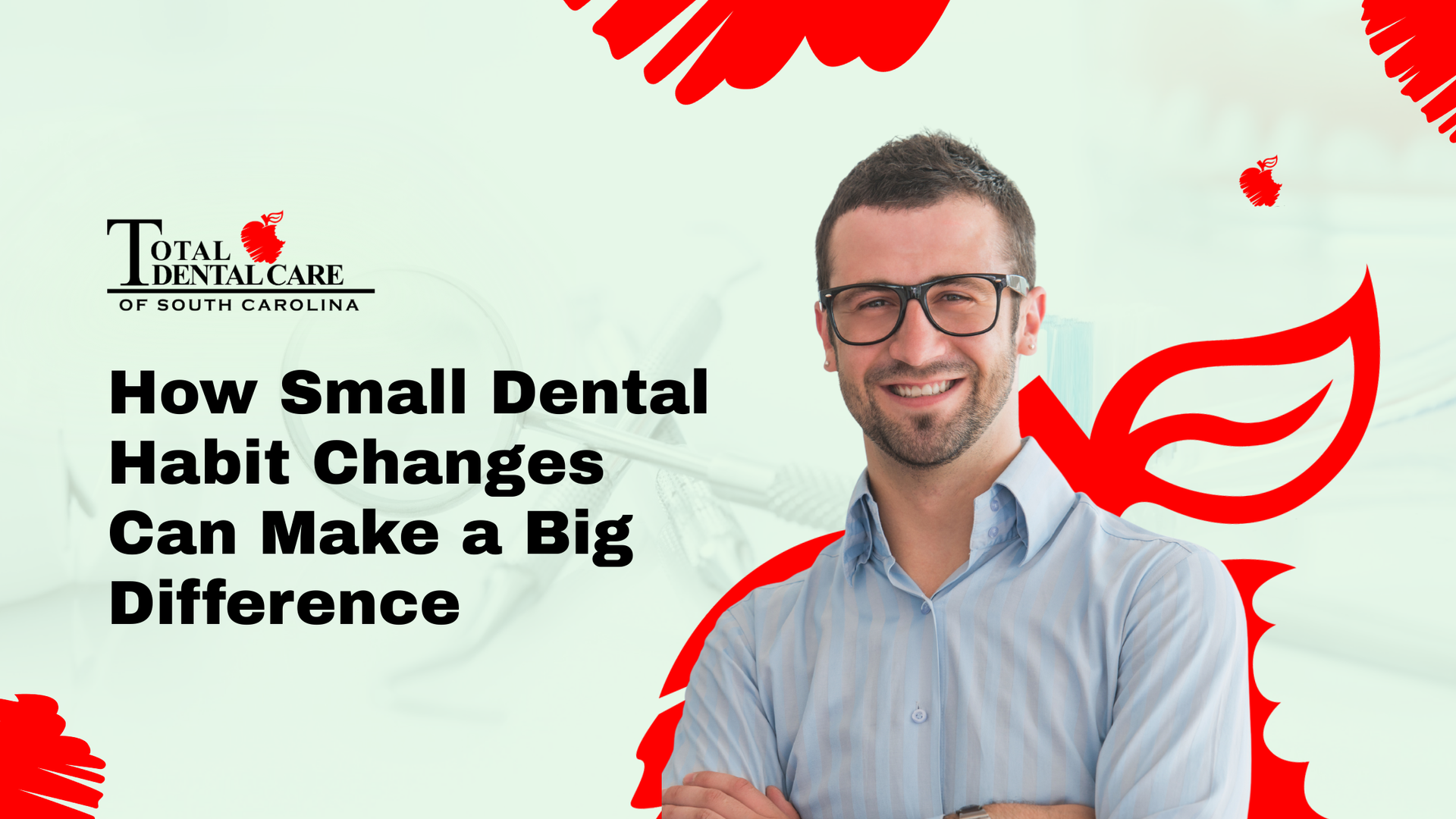Dental Implants: Best Solution, Best Value
Advanced gum disease ( periodontitis ) is the number one cause of tooth loss in the United States; it deteriorates your gum tissues and your jawbone until your tooth becomes loose, eventually falling out on its own or requiring an extraction by an oral surgeon.
If you thought that the loss of your tooth is the end of your problems, think again: not only will you continue to lose bone density in your jaw in the place where your tooth used to be, there are a number of other knock-on effects of tooth loss as well. These include difficulty and pain when chewing food, as well as an impaired ability to speak and be understood. Your jaws and teeth will both get misaligned, in two ways. Besides chewing food, your teeth play an important role in maintaining the structure of your oral cavity; in a sense, your teeth are like the pads on the legs of a chair. When one is missing, the whole chair wobbles, and your jaws react to missing teeth similarly. Your teeth also keep each other in position, and when one is missing, the teeth you have left (near the gap) will actually begin to move out of place. All of this leads to misalignment of the jaw, which will result in the incorrect distribution of bite force which will damage your teeth and make them more vulnerable to disease. This is often why when one tooth is lost (and not addressed), another lost tooth is soon to follow.
Until relatively recently, the only options for fixing the problems caused by tooth loss were conventional dentures and dental bridges. While effective, these solutions only provide a partial restoration of your bite strength (which is important for chewing foods and speaking), and they have other drawbacks. Dental implants (which we offer in our Columbia, SC practice) are superior to these more conventional options. In terms of appearance, performance, and value, dental implants are your best bet.
The Trouble With Conventional Dentures
It’s not that conventional dentures don’t work; in fact, some people do still prefer them, and certain patients who don’t meet the health criteria for getting dental implants (which we will discuss in a later post) can still benefit from them. If you can get dental implants though, you’ll be avoiding a number of potential threats to your health (and your psychological wellbeing, to a degree).
It’s All About Fitting In
Dentures are a type of prosthetic which is custom designed to fit in your specific mouth. It is critically important that dentures have a solid, precise fit, because that is primarily how they stay in place (though usually often supplemented by adhesive strips). Dentures “grip” their position by interacting with your oral tissues (like your gums) and certain teeth.
Dentures frequently lose their fit, and it isn’t always because something has gone wrong with the dentures themselves. Your body, even after you are fully grown, continues to undergo changes throughout your life. Your oral cavity is no exception, and significant changes in its shape can occur due to a number of factors, such as weight loss. When this happens, the dentures (that were custom designed to fit your mouth as it looked at one point ) lose their fit. This is a major issue, and not only because of the embarrassment caused by dentures that slip completely out of your mouth (and it always seems to happen when it will be the most humiliating), or cause a loud and audible clicking sound when you speak or chew.
Moving dentures rub up against your teeth and oral tissues, which can create mouth sores that are entry points for oral bacteria and other infections (which is why keeping your dentures is so important; all that bacteria in your mouth can put you at serious risk for serious oral diseases and other conditions).
Dentures that have lost their fit will eventually have to be replaced. Many people consider dentures as an option because it is perceived to have the lowest upfront cost of all the available options, but if you have to constantly replace them whenever your oral cavity changes shape even slightly, the costs (financially and chronologically) begin to rack up.
What About Bridges?
Dental bridges replace one or missing teeth, and work by supporting artificial teeth or a set of artificial teeth on a pair of dental crowns, one on each tooth on either side of the gap left by the lost tooth or teeth.
Dental bridges, like dentures, require regular replacement: dental bridges are designed to last for 7 to 10 years, but that’s under laboratory conditions; normal circumstances usually mean that you’ll need to have the bridge replaced every five years or so.
Dental bridges don’t move like dentures, but they can cause infections in your teeth. Dental bridges have to fit in some fairly tight spots, and to get the fit correct, it is not uncommon for the dentist to file away some of your healthy teeth. This results in potentially the loss of a considerable amount of your enamel, which does not grow back, nor is there an artificial equivalent. Your enamel protects your teeth from infection, and is the hardest substance in your body; without enamel, your teeth will be vulnerable to serious infections and disease that usually can only be addressed with a root canal.
Why Settle For Second Best?
Dental implants give you back 100% of your bite strength, and your ability to speak. They present no risk of infection, and with proper maintenance (which isn’t much more than normal oral hygiene), dental implants can last a lifetime, meaning you have them placed once and for all!
Dental implants are the best value for replacing missing teeth. If you want to learn more, simply call us today and make an appointment for a consultation.
Dial 803-272-4162 to reach our front office, or book your appointment right now with our online appointment form by clicking here !
The post Dental Implants: Best Solution, Best Value appeared first on Total Dental Care of South Carolina.



